India is the largest democracy in the world, also supported by the fact that it has no restriction on the number of political parties or service people joining one of the political parties. There is no constitutional or statutory ban on a service chief joining a political party after retirement. Here are some of the serving members who decided to join the Indian politics after retirement:
- Ayub Khan:
Military History:
Captain Ayub Khan came from a family of soldiers and made his country proud when he was decorated with a Vir Chakra for leading an attack that destroyed four tanks when he was a Risaldar, a non-commissioned rank.
He belonged to the 18th Cavalry which is an armoured regiment and was later promoted to honorary Captain and retired as a JCO.
Politics:
Due to his increasing popularity as a war hero, the then Prime Minister, Rajiv Gandhi, on his personal initiative, gave Captain Ayub Khan a ticket to contest the Lok Sabha election from Jhunjhunu in Rajasthan.
He fought the election and became an MP. It was the first time that a Muslim from Rajasthan was elected to the Lok Sabha. Captain Ayub won two consecutive elections.
- Kisan Baburao Hazare a.k.a. Anna Hazare:
Military History:
Now popular as a social activist, Anna Hazare was an active army soldier and had served in the 1965 war.
He joined the Indian Army in April 1960, where he initially worked as an army truck driver and was later attested as a soldier. He undertook army training at Aurangabad.
During the Indo-Pakistani War of 1965, Hazare was posted at the border in the Khem Karan sector. He was the sole survivor of an enemy attack—variously claimed to have been a bomb, an aerial assault and an exchange of fire at the border—while he was driving a truck.
Politics:
Though not actively engaged in politics, Anna Hazare frequently conducted hunger strikes to further his causes—a tactic reminiscent. He also contributed to the development and structuring of Ralegan Siddhi, a village in Parner taluka of Ahmednagar.
He was awarded the Padma Bhushan—the third-highest civilian award—by the Government of India in 1992 for his efforts in establishing this village as a model for others.
- Rajyawardhan Singh Rathore:
Military History:
Col RS Rathore is most famous as a national level shooter. He has won 7 Gold, 3 Silver and 2 Bronze medals in various national and international games.
He is also a recipient of Padma Shri, Ati Vishist Seva Medal, Special Service Medal, Sainya Seva Medal among others.
He took premature retirement from the army to join politics.
Politics:
In 2013, Rathore joined BJP after taking premature retirement. He was elected as an MP in the 2014 Lok Sabha election from Jaipur Rural constituency. In 2014, he was sworn-in as the Minister of State for Information & Broadcasting, under the Narendra Modi government.
He is currently serving in the same portfolio as a junior minister.
- Bhuwan Chandra Khanduri:
Military History:
Major General BC Khanduri joined the army in 1954 and served in Corps of Engineers for 36 years till 1990. He was the Commander of Regiment during the Indo-Pak war in 1971. He held the position of Chief Engineer in the Army and Commander of an Engineering Brigade. He also served at Additional Military Secretary at Army Headquarters and Additional Director General in the Engineer-in-Chief’s division at the Army Headquarters.
In 1982, he received the Ati Vishisht Seva Medal (AVSM) from the President of India for his extraordinary contribution to the Indian Army. He retired as Major General from Indian Army.
Politics:
Khanduri was first elected to Lok Sabha from Garhwal in Uttarakhand 1991 and in subsequent elections. He was the Minister of State (with independent charge) of the Ministry of Road Transport and Highways from 2000 to 2003 in the central government headed by Atal Bihari Vajpayee. He was elevated to Cabinet rank in 2003 and held the post until the end of the tenure of the NDA government in May 2004.
He is a senior leader of BJP, having served on various parliamentary committees. As the Ministry of Road Transport and Highways, Khanduri executed the National Highways Development Plan of the NDA with competence and swiftness and gave shape to the Golden Quadrilateral Project connecting the major Indian cities and also, North–South and East–West Corridor Project among various other achievements.
Military Career:
Jacob graduated from the Officer’s Training School in Mhow in 1942 and was posted to northern Iraq during 2nd World War. In 1943, Jacob was transferred to an Artillery brigade that was dispatched to the Tunisia Campaign to reinforce the British army. From 1943 to the end of the war, Jacob’s unit fought in the Burma Campaign against the Japanese Empire. In the wake of Japan’s defeat, he was assigned to Sumatra.
He returned to India following the partition and joined the Indian Army. He was promoted to Brigadier in 1963. During the Indo-Pakistani War of 1965, he commanded an infantry division, which later became 12th Infantry Division, in the Indian state of Rajasthan. During this period, Jacob composed an Indian Army manual on desert warfare.
He was promoted to Major General in 1967. In 1969, he was appointed Chief of Staff, Eastern Command, by General Sam Manekshaw.
Politics:
After retirement, he joined the BJP and remained cautious about relations between India and Pakistan in light of the Pakistani media’s suggesting that military and intelligence cooperation between Israel and India. He was a supporter of improved India–Israel relations.
- Kinhiraman Palat Candeth:
Military Career:
Lieutenant General Kunhiraman Palat Candeth (23 October 1916 – 19 May 2003) was a Three-Star General in the Indian army. In 1961, the then Major General Candeth led Operation Vijay to annexe Goa from the Portuguese colonial rule and served briefly as the Lieutenant Governor of the state. Subsequently, he rose to Deputy Chief of Army Staff at the time of the 1965 war and commanded the Western Army during the Indo-Pakistani War of 1971.
He was later awarded the Padma Bhushan and PVSM.
Politics:
Though his political career was not very clear, it is known that he joined BJP in the 1990’s and was not married.
- Jaswant Singh:
Military Career:
He was an officer in the Indian Army in the 1960s and is an alumnus of Mayo College and the National Defence Academy, Khadakwasla.
On 7 August 2014, he had a fall at his home and suffered a serious head injury. He was admitted to Army’s Research and Referral hospital in Delhi for treatment. He is in a state of a coma ever since.
Politics:
He tasted success in his political career in 1980 when he was first selected for the Rajyasabha, the upper house of Indian parliament and served as finance minister.
In the government of Vajpayee, Jaswant Singh was External Affairs Minister. Later he became Minister of Finance with Yashwant Sinha. He was also the Defence Minister when George Fernandes was forced to resign after the Tehelka exposure.
He was vice-president nominee for NDA government and lost to Hamid Ansari of UPA regime.
8. Jagatvir Singh Drona:
Military Career:
His military career is as lesser known as his political career. What is known of him is that he served in the army till 1990. He retired from the army as a Captain.
Politics:
After retirement, he joined the BJP in 1990 and was a former member of the 10th,11th and 12th Lok Sabha.
He is the present mayor of Kanpur.
9. Admiral Vishnu Bhagwat:
Military Career:
Admiral Vishnu Bhagwat, PVSM, AVSM is a former Chief of the Naval Staff of India. A talented and all round officer, he had a brilliant career in the Indian Navy, eventually achieving the highest rank.
He went to the National Defence Academy and joined the Navy in 1960. He serves in the Goa liberation war and the Indo-Pak war of 1971.
He is the first and only chief of naval staff who was relieved from office while still serving and stripped of Admiral rank as a punitive measure.
Politics:
Since he was removed as an Admiral, his political career also didn’t see much light. He was active in Bihar politics for a very brief period.
10. Vijay Kumar Singh:
Military Career:
General VK Singh was commissioned into the 2nd Battalion of the Rajput Regiment (Kali Chindi) on 14 June 1970. He commanded the same unit when it was positioned along the Line of Control with Pakistan.
He graduated from the Defence Services Staff College. He was an honours graduate of the United States Army Infantry School, a graduate of the Rangers Course at Fort Benning and the United States Army War College in Carlisle, Pennsylvania.
Singh is experienced in both counter-insurgency and high-altitude operations. He also saw action as a young Lieutenant in the Indo-Pakistani War of 1971 while serving as an intelligence officer of 2 Rajput.
Gen VK Singh became the 24th Chief of Army Staff on 31 March 2010 and was the first commando to achieve that position.
Politics:
VK Singh joined the BJP on 1 March 2014 and won the Ghaziabad (Lok Sabha constituency) seat in the 2014 Indian general election, defeating Raj Babbar of the Indian National Congress by a margin of 567,260 votes.
He became the MoS of External Affairs and MoS (independent charge) for North East Region before participating in Operation Rahat.
11. Rajesh Pilot:
Military Career:
Rajesh served as a pilot in Indian Air Force, reaching the rank of Squadron Leader. Later, he adopted “Pilot” as his last name.
He later left the Air Force influenced by Rajiv Gandhi, to join politics.
Politics:
Pilot emerged as a major Gurjar leader during his political career. In his first election as a candidate, Pilot defeated the former queen of Bharatpur. He sent Chandraswami to prison when he was the Internal Security Minister.
Later, he lost the election for the post of the Congress president to Sitaram Kesri but kept himself in the first line of Congress leaders.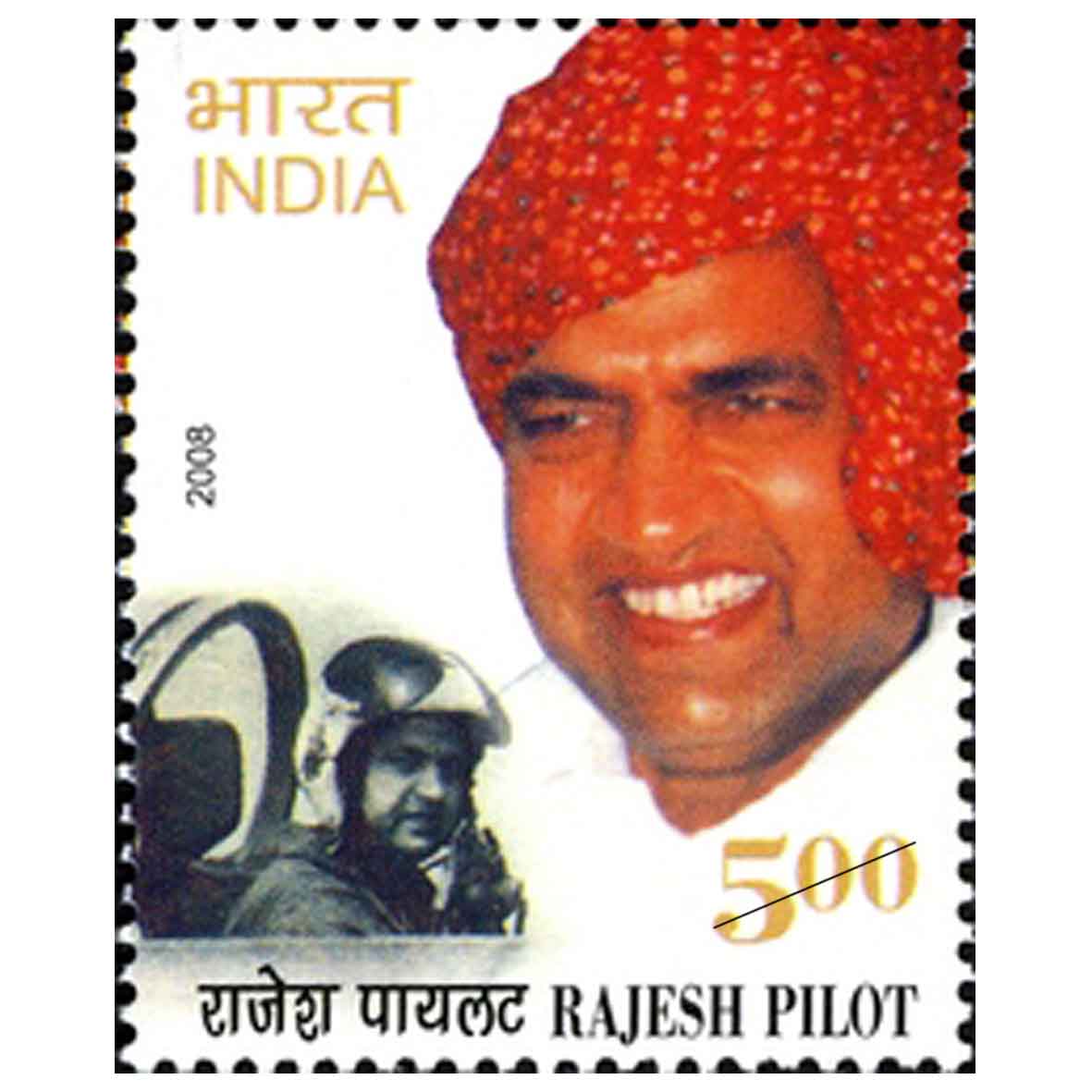
Military Career:
Amrinder joined the Indian Army in June 1963 after graduating from the National Defence Academy and Indian Military Academy before resigning in early 1965. He rejoined the Army again as hostilities broke out with Pakistan and served as Captain in the 1965 Indo-Pakistan War.
Politics:
He was inducted into the Congress by Rajiv Gandhi, who was his friend from school and was first elected to the Lok Sabha in 1980. In 1984, he resigned from Parliament and from Congress as a protest against the Army action during Operation Blue Star.
Subsequently, he joined the Shiromani Akali Dal and was elected to the state legislature from Talwandi Sabo and became a minister in the state government for Agriculture, Forest, Development and Panchayats.

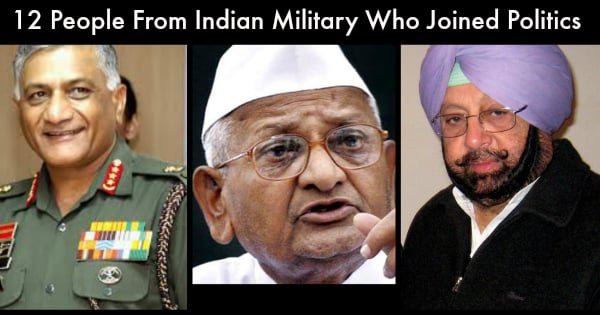
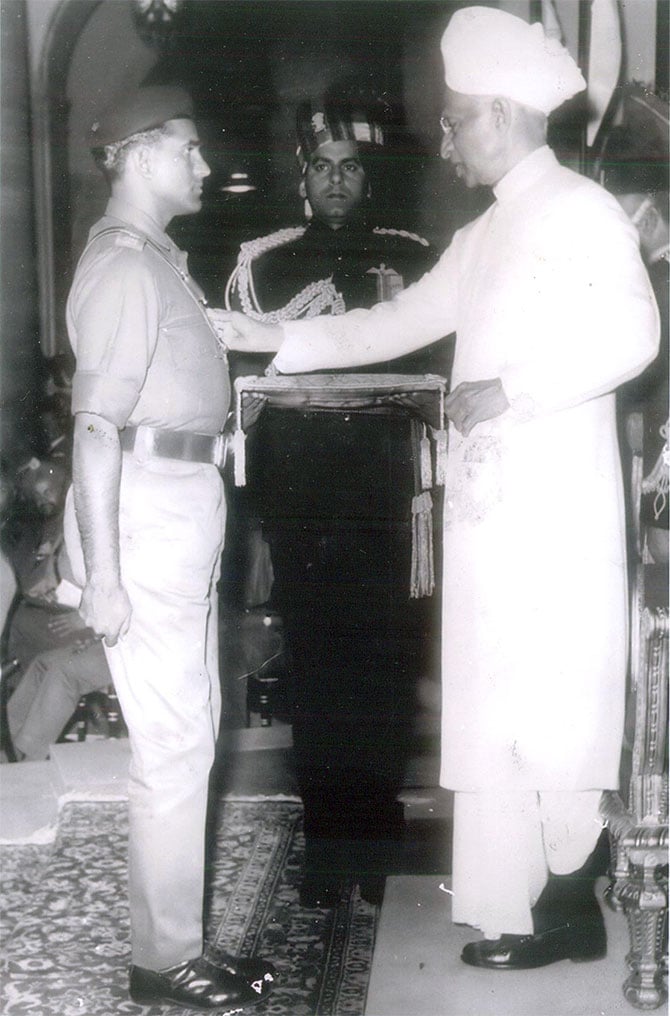

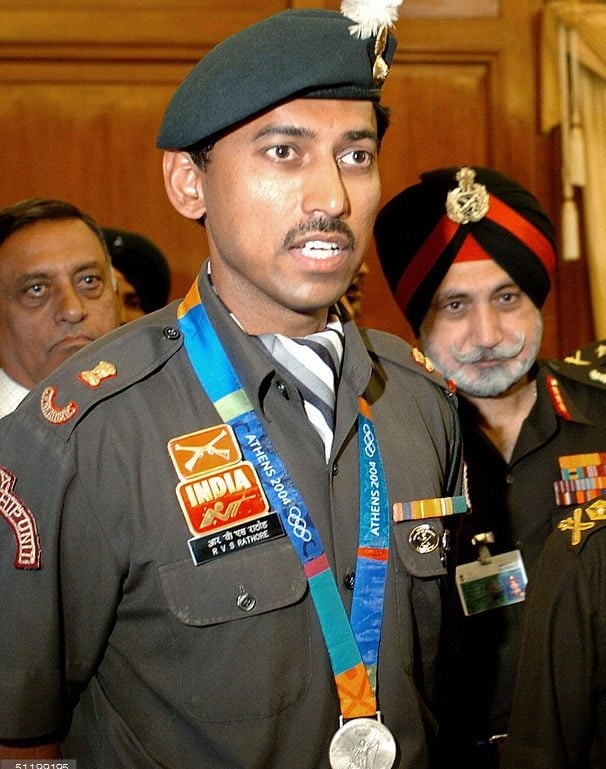
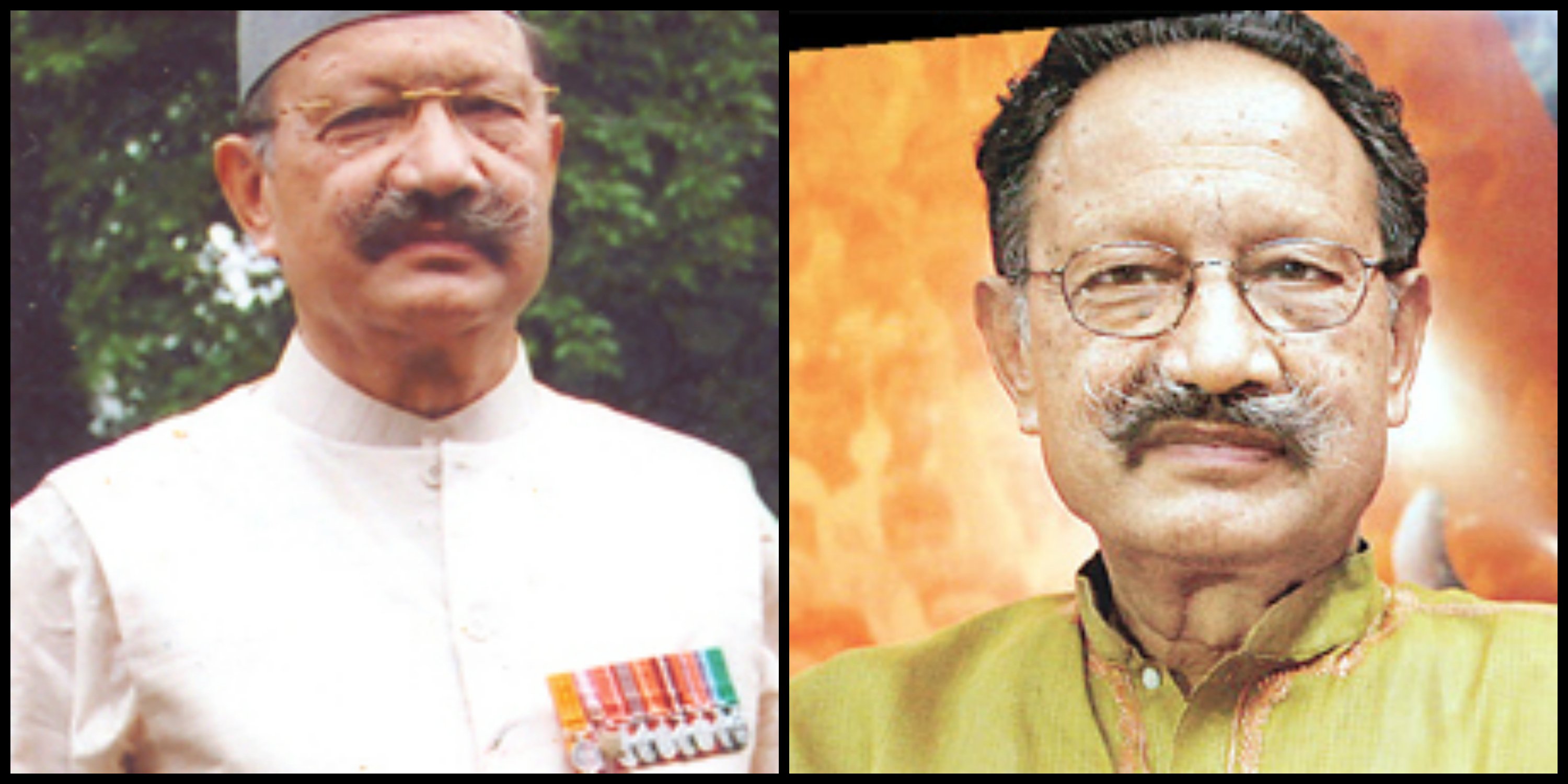
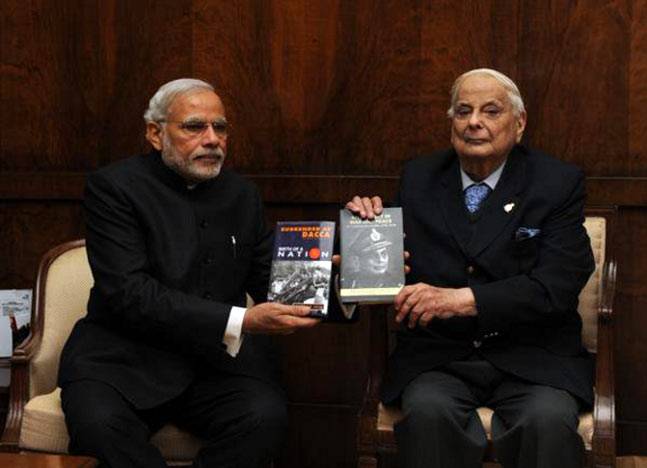
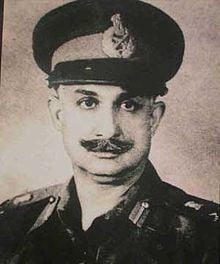
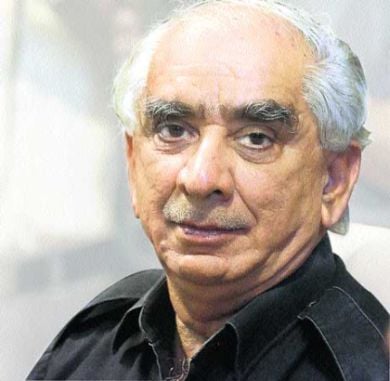
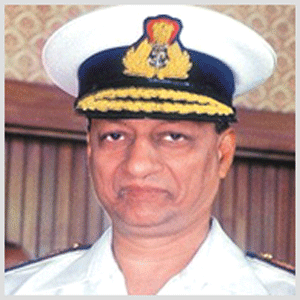
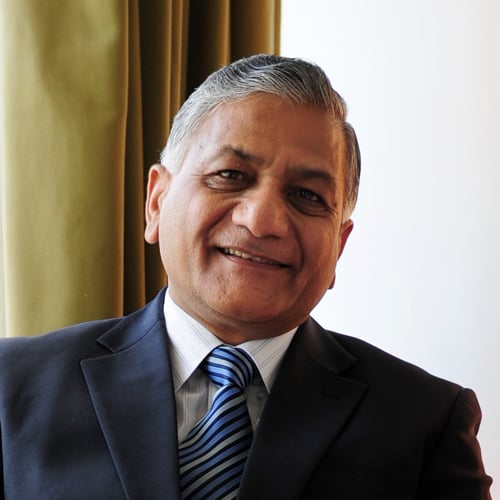
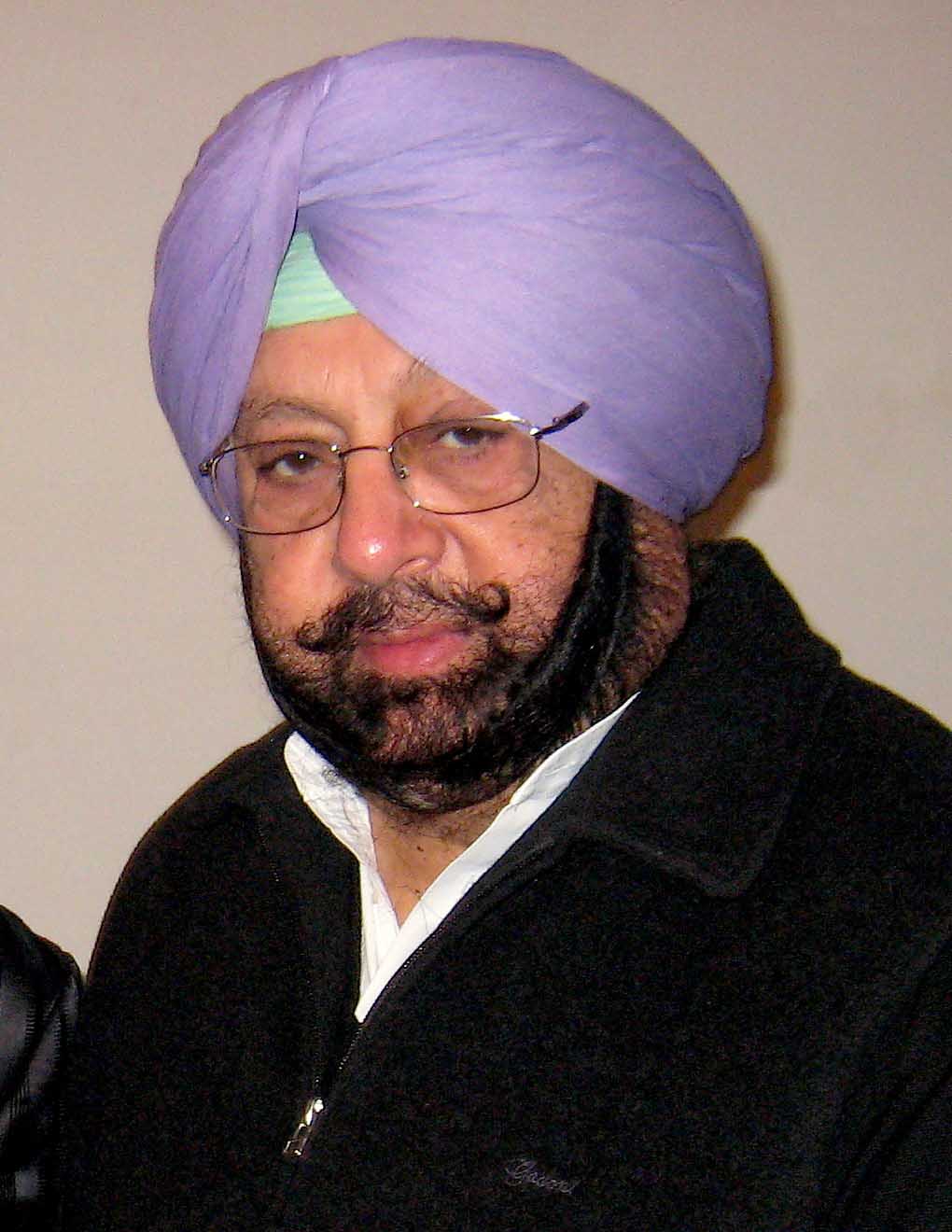






Give me a hand Tahnk Yout Broter
betnano
I’m leaving you to visit again an amazing content 🙂
Info about capt amrinder singh is wrong